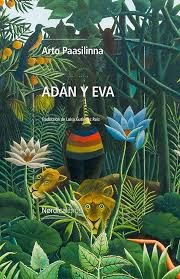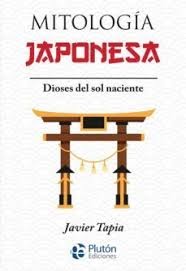In some passages of the novel, the descriptions of technical issues in film or notes on professional situations are striking. Where does this knowledge come from?
I have a degree in Advertising and Public Relations. I studied film, television, radio and press there, and I was lucky enough to be taught by Mirito Torreiro, a great film critic who further increased my passion for this art. I have also taken acting classes with Josep Costa and have learned a lot from my theatre colleagues, such as Asunción Peña or my colleagues in the Kaddish group and my current group, Autoscopia teatro. Acting has always seemed fascinating to me. The first time I got on stage I was fourteen years old. And I have written several plays. I also collaborate with www.andaluciaaldia.com as a theatre critic.
Despite the crudeness of some fragments, and Keith’s ‘amoral’ and unempathetic profile, the development of the plot does not seem forced and is credible and easy to follow once immersed in it. Was it difficult for you to create characters with these characteristics? What references did you use?
I always find it difficult to build characters. I delve into them very carefully, very carefully, and with a lot of respect. When I start writing, I only know the beginning and the end of the story; I discover the rest at the same time as the characters themselves do. I don’t know exactly what these characters are like, but I listen to them and see how they act. I try not to judge them, to give them freedom to say what they want and decide what they want. I feel like a radio antenna, picking up signals and putting them on paper, but I have the feeling that I intervene very little.
I wrote this novel when I was just over thirty. I can say that it is a novel of youth, a kind of rebellious cry. At that time I read a lot of the Beat generation, which fascinates me: Jack Kerouac, Allen Ginsberg, William S. Burroughs, also, as I said before, Charles Bukowski (although he is not always pigeonholed in this generation) and Henry Miller with his Tropic of Cancer or The Catcher in the Rye, by JD Salinger. But other Spanish authors have also inspired me: Ray Loriga, especially with Tokio Ya No Nos Quiero (Landdon suffers an accident in this same city); Amor, curiosidad, prozac y dudas, by Lucía Etxebarría; or poets like Jaime Gil de Biedma, so transgressive.
I recently read an article by a writer with several books published, and therefore I assume knowledgeable about the publishing market, in which he compared starting a novel from scratch with an eye on the best-selling literary trends, or doing so taking into account only the author’s inclinations and preferences. How do you understand the creative process in a situation as hyper-commercialized as the current one? Are some novels worth the same as others, are they all ‘literature’?
As I said before, money seems to be an end in itself these days. The Internet has democratized access to literature, which is a good thing, because it has allowed anyone to read and write. The bad thing is that now it is published indiscriminately. Before, publishers were a reliable filter, betting on authors for their literary quality. This is how writers like Vargas Llosa emerged, who was supported by Carme Balcells after he had unsuccessfully published his first novel; or Roberto Bolaño, who had much more difficulty publishing, but who ended up having the support of publishers who believed in his work. Nowadays, anyone can self-publish a book and sell it on the Internet. I say that it is very positive, because we have more possibilities to choose from, but it is much more difficult to discern what is good from what is not. The capacity for criticism has declined. I hear many readers who are only looking for an entertaining story, not literary quality. I wonder if writers like Carpentier would enjoy recognition if they started publishing now. Vanity leads us to judge a work solely by its sales success. The consumer society I mentioned earlier also consumes literature and turns it into a disposable commodity.
Personally, I have stopped worrying too much about the impact of my literature. I am aware of the difficult situation in the current market and I am not interested in writing a saga for teenagers or an adventure novel where the only interesting thing is the plot. The real satisfaction is enjoying what you do. And I have a great time writing my books.
Source: https://algunoslibrosbuenos.com/keith-landdon-memorias-no-autorizadas-de-raul-v-rey


